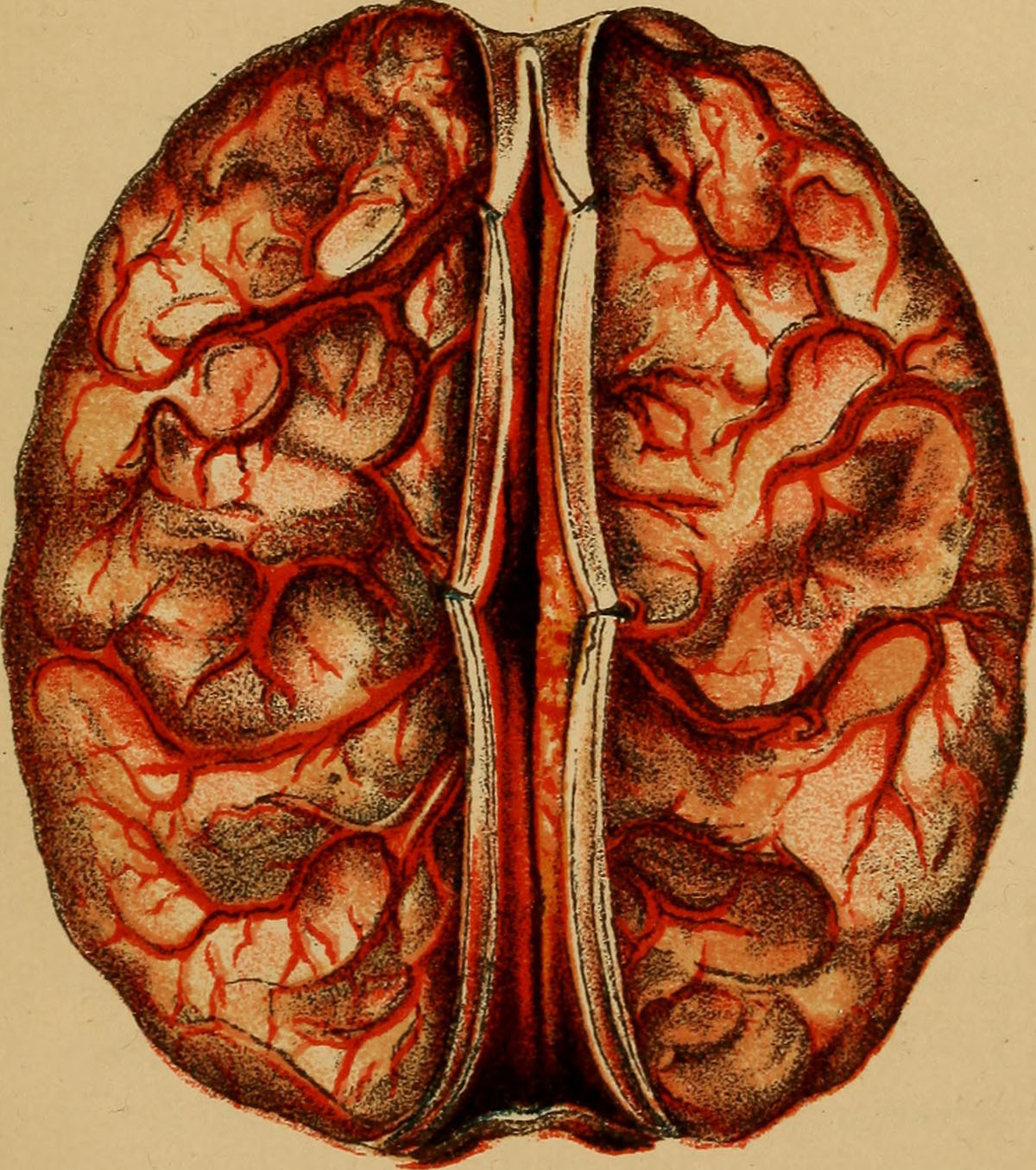
Drinking alcoholic beverages, beers, wines and spirits, is very popular in most parts of the world. In some countries, there are even regulating their production, sale, and consumption of alcoholic drinks. People drink alcohol for different reasons. In some societies, drinking is an important part of social events, and it is very prominent for its significant role in social interaction. Alcohol is a psychoactive drug that possesses powerful neurological effects. It usually reduces anxiety in social situations and helps to release tension. However, alcohol is associated with many diverse effects on health. Moderate alcohol consumption may even be beneficial, but we should not forget this is an addictive substance, which often causes intoxication and dehydration.
Benefits of alcohol
Moderate alcohol drinking is associated with some of the health benefits. However, drinking is not recommended for pregnant women or women planning to get pregnant. Population under the age of 21 should also avoid drinking. The most prominent benefit of alcohol is the reduction of the heart disease in people who drink moderately. This is probably due to the alcohol’s positive effects on HDL cholesterol levels. A lower risk of diabetes has also been reported in women and men who drink moderately. Alcohol is also associated with reduced risk of dementia.
Negative effects of alcohol
Alcohol affects the human body in many different ways. Some of the effects are noticeable very shortly after the consumption. Increased alcohol consumption is associated with sleep disruptions and a correlating feeling of fatigue. Alcohol affects the brain causing memory impairment and often a complete loss of memory during and after an episode of drinking. Movements of the limbs are often uncoordinated and since the cerebellum is affected, a drunken individual appears clumsy, sways back and forth, and often falls down.
Long-term effects of alcohol are associated with various physical and psychiatric symptoms. Excessive alcohol consumption for a long period of time can even be fatal in some cases, since it is associated with many serious diseases such as cirrhosis of the liver, pancreatitis, heart disease, alcoholic liver disease and cancers. Alcohol consumption can even do the irreversible damage to the central nervous system and peripheral nervous system. Other physical effects include sexual dysfunction, nutritional deficiencies, irregular menstrual cycle, early menopause, etc.
Long-term alcohol abuse is also associated with various mental health problems. Excessive drinking of the alcohol causes as much as 10% of all dementia cases. Alcohol is associated with psychosis, confusion, organic brain syndrome, panic disorder, depression, bulimia, anxiety, a borderline personality disorder and many other psychiatric diagnoses.
















Your thoughts on this
Loading...